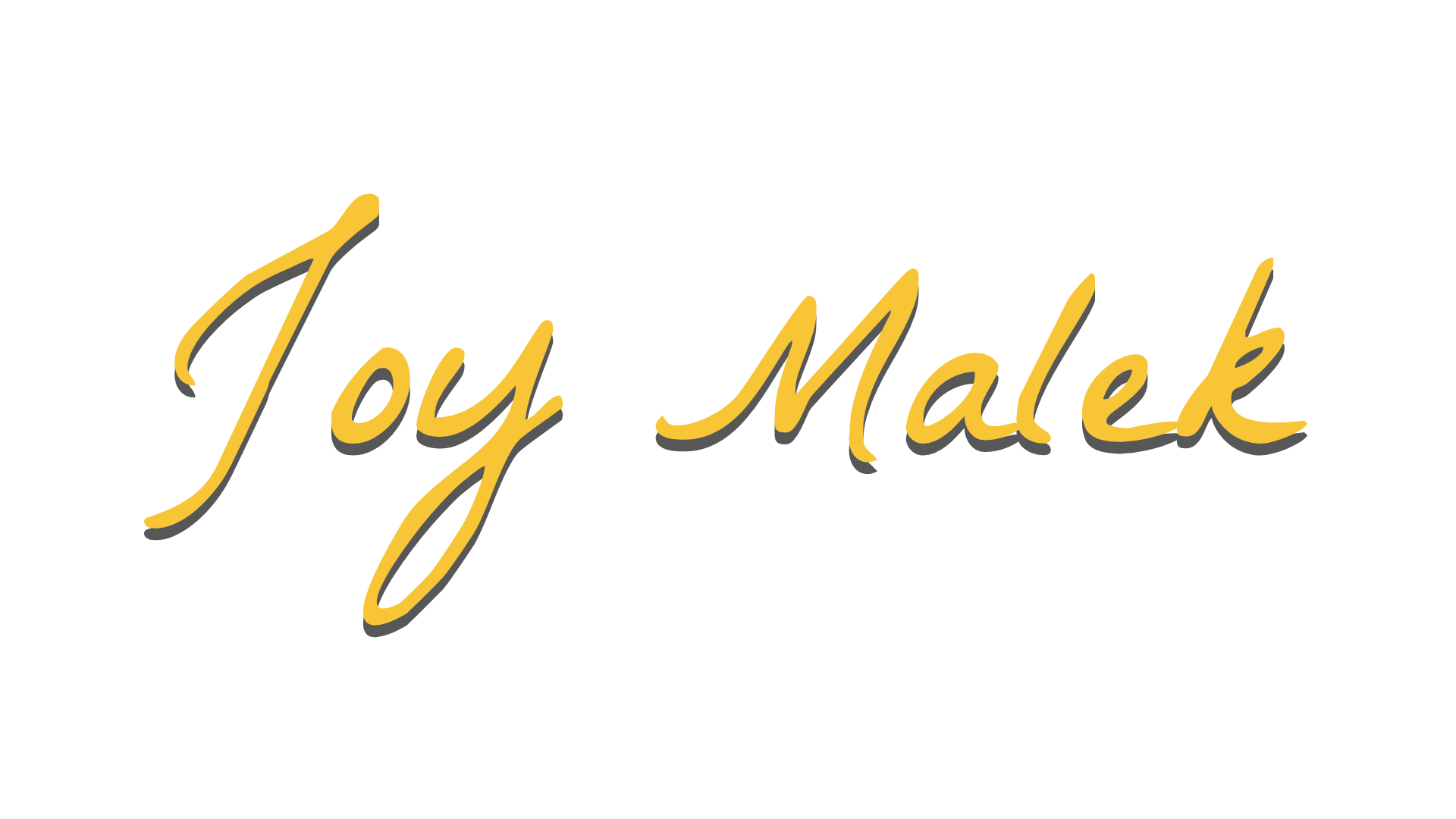In my last post, I talked about our neglected parts and unmet needs (click here for a refresher!)
Today I’m back to talk about how to listen to our unmet needs. Simply by listening, we nurture the parts of ourselves that have been pushed away and ignored.
Needs can show up in many ways, if we know what to look for.
- Sometimes we experience them as longings. A full body response saying “Yes!” even as we pull ourselves away, knowing (or believing) that fulfillment is not for us.
- We may find ourselves daydreaming about a fantasy version, imagining a relationship that heals all wounds, or a life of nothing but freedom and pleasure. These are clues, leading us to our needs for connection or relief.
- Our bodies can signal pent-up needs through tension and tightness, knots in the stomach, lead in the chest, a lump in the throat. As we slow down and notice our physical sensations, we can ask, “What are you trying to tell me? What do you need?”
- Emotions such as irritation, anger, impatience, sadness, grief, anxiety, and even numbness may be bread crumbs leading us to areas of life where we are deprived of what we need to flourish.
- Burnout is a clear sign that our giving is out of balance with our receiving. Our well has gone unreplenished for too long.
Here’s the thing: It can be hard to lean into noticing these symptoms of need.
We may have no idea how to fulfill the longing. Just sitting with the sense of lack can feel intolerable.
We may feel internal or external pressure to take an action that scares us, to do something we don’t feel ready to do.
Our lives may be impacted and limited by systemic injustice. We may have stifled our needs out of survival.
The truth is that we may not have clear access to meeting our needs in the ways we’ve always envisioned.
While we fight for a world that provides wholehearted access to everyone, I very much want you to have more of what you need.
The Practice:
Keep your journal handy, or open up a new note on your phone.
Jot down the five clues to identify needs (See above for the details– and you may find more!):
1. Longings
2. Fantasies
3. Body sensations
4. Emotions
5. Burnout
Once a day, check in with each of the five clues. Notice what comes up, and jot down your discoveries.
If you feel a clue pop up as you go about your day, jot that down, too.
*** It’s extremely important that you not pressure yourself to do anything about getting these needs met, if you don’t feel ready or clear about the path.
The beauty of listening to our needs is that as we feel their presence, we often find ourselves making shifts in our lives, big or small, that feel organic and manageable.
Our needs are our teachers. Let’s open up to their guidance.
P.S. If, as you listen to your needs, you find that unresolved grief is asking for peace and grounding, I welcome you to join me this Saturday in my live, online workshop Good Goodbyes: A creative practice for cultivating peace in loss.
You can learn more and register here.

